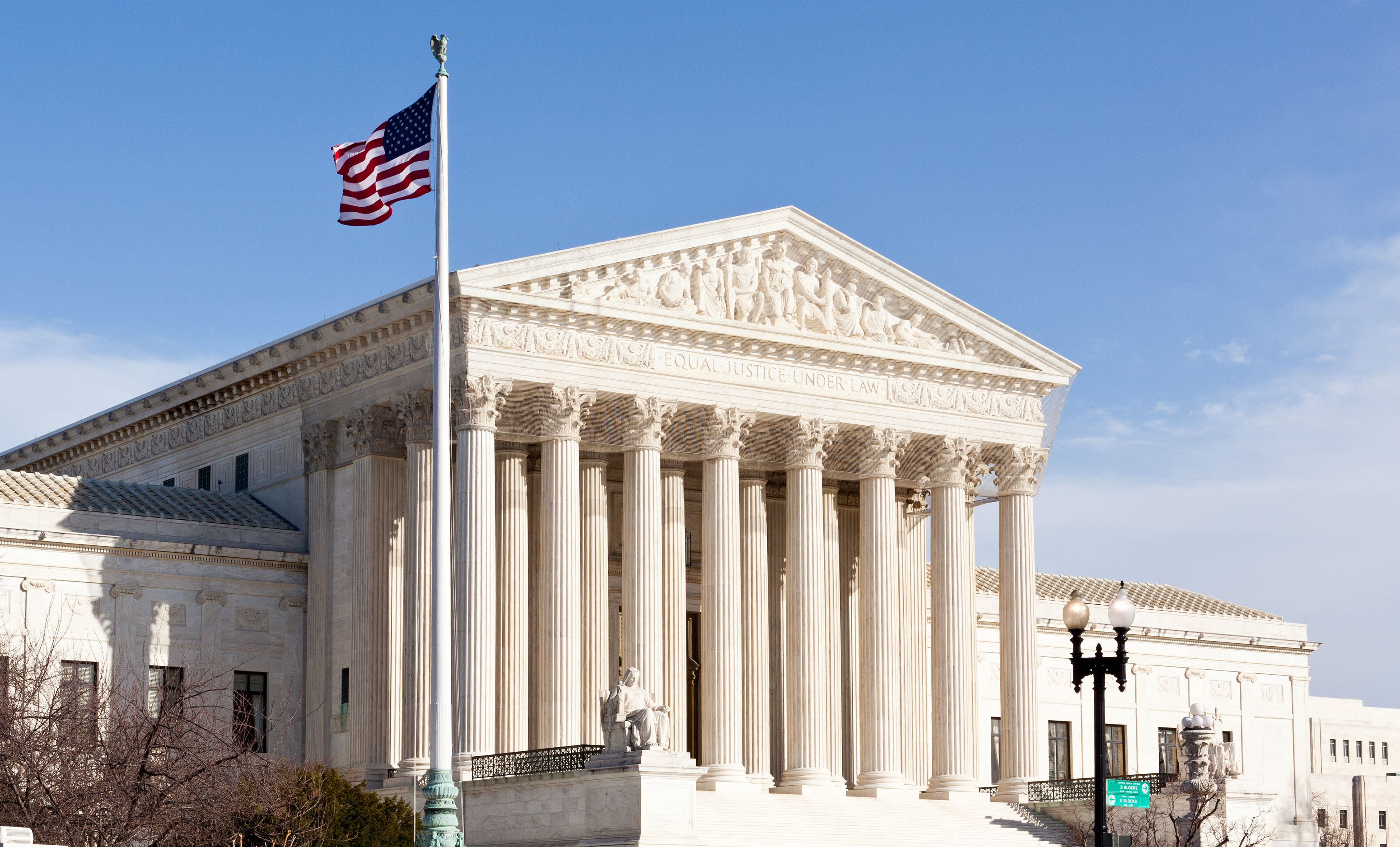- Center on Health Equity & Access
- Clinical
- Health Care Cost
- Health Care Delivery
- Insurance
- Policy
- Technology
- Value-Based Care
Supreme Court Hears Oral Arguments in Braidwood Case
The case, which has implications across preventive care, is now an argument between Robert F. Kennedy Jr, the Secretary of HHS, and Braidwood Management.
The Supreme Court started its April hearing session with the oral arguments in Kennedy, Sec. of H&HS v Braidwood Management, Inc., which saw lawyers on each side give arguments for their side of the lawsuit, which alleges that the preventive service requirement of the Affordable Care Act (ACA) is not constitutional due to the Appointments Clause.
The Braidwood lawsuit was first filed in 2022 and made headlines on March 30, 2023, when Judge Reed O’Connor ruled in favor of Braidwood, asserting that the US Preventive Services Task Force (USPSTF) had no constitutional authority to mandate that private insurance cover several different preventive services, notably pre-exposure prophylaxis.1 The case has gone through numerous appeals, including the Fifth Circuit, before the Supreme Court took up the case in February of 2025. The crux of the argument centers on the Appointments Clause, which requires that all officers of the United States who make decisions that would affect the public be appointed by the President of the US with the confirmation of the Senate, of which the members of the USPSTF were not.
The decision could have massive implications for the availability of preventive services. Should the Supreme Court rule in favor of Braidwood, no private insurance company would be required to uphold coverage of preventive services that were given an A or B rating since March 2010, leaving many advancements in diagnostic and preventive medicine on the cutting room floor in terms of insurance coverage. This includes more than 30 preventive services that could be affected by the ruling across HIV, oncology, and mental health.1
Preventive service coverage on the line as the Supreme Court hears oral arguments in the HHS v Braidwood case | Image credit: steheap - stock.adobe.com

The hearing consisted of both lawyers making their argument before the Supreme Court, followed by half an hour of questioning from the Justices. The lawyer representing Kennedy and the HHS argued that the HHS secretary had supervising privileges of the USPSTF, allowing him to appoint and remove members of the USPSTF as well as give final approval to the USPSTF recommendations, making it so that “the task force cannot issue final recommendations that bind the public unless the secretary permits them to do so.”2 The lawyer representing Braidwood instead argued that the Court of Appeals had made the right decision in stating that all members of the USPSTF must be appointed by the President and Senate, as they are not inferior officers because “their preventive care coverage mandates are neither directed nor supervised by the Secretary of HHS or by anyone else who has been appointed as a principal officer.”
The questioning by the Supreme Court justices commenced for each lawyer. Justice Clarence Thomas questioned who appoints the USPSTF in the HHS’s argument, stating that the argument to use the word “convene” to indicate appointment is a stretch of interpretation. By contrast, Justice Sonia Sotomayor and Justice Elena Kagan argued that there was no wording in the statute that would disallow the appointment of USPSTF members by the HHS secretary.
The subject of whether USPSTF members were inferior or principal officers was a particular sticking point for multiple justices, with both Justice Neil Gorsuch and Justice Amy Coney Barrett questioning whether the case should be remanded to the Fifth Circuit to determine that before further argument, a notion that both lawyers felt was unnecessary. It is possible that the Supreme Court could determine the status of the officers in their decision, therefore clarifying both the authority of the officers to make preventive service mandates and whether they act as inferior or principal officers in the same decision.
Justice Barrett and Justice Brett Kavanaugh also questioned the lawyers representing Braidwood and HHS about their interpretation of the USPSTF being an independent body. Justice Kavanaugh questioned whether USPSTF members could make recommendations if they feared being fired by the HHS secretary. Justice Barrett questioned why the Supreme Court shouldn’t “construe ‘independence’ more narrowly…for the sake of constitutional avoidance.”
Justice Kavanaugh pointed out that the Supreme Court does not typically “interpret statutes to create independent agencies without some indication that’s stronger than what we have here: that this is really protected from presidential or someone else’s…removal power.”
Agreeing with him, Justice Kagan argued against the Braidwood lawyer, stating that “the idea that we would take a statute which doesn’t set up an independent agency and declare it one strikes me as pretty inconsistent with everything that we’ve done in this area.”
Given the track records of both Justice Kavanaugh and Justice Barrett, who have ruled in certain cases alongside more left-leaning judges, Richard Hughes IV, JD, MPH, a health lawyer with Epstein Becker Green, has singled them out as potential deciders in this case.3 Defenders of the preventive services provision will have to wait until the Supreme Court decision to see if either justice upholds this section of the ACA.
The decision from the Supreme Court, be it a remand to the Fifth Circuit or a choice between the 2 sides, will likely come at the end of June or early July when the Supreme Court term ends.
References
- Bonavitacola J. Braidwood case headed to supreme court, coverage for preventive care in jeopardy. AJMC. February 4, 2025. Accessed April 21, 2025. https://www.ajmc.com/view/braidwood-case-headed-to-supreme-court-coverage-for-preventive-care-in-jeopardy
- Kennedy v Braidwood Management, Inc, 24 US 316 (2025). Oral arguement, April 21, 2025. Accessed April 21, 2025. Transcript available: chrome-extension://efaidnbmnnnibpcajpcglclefindmkaj/https://www.supremecourt.gov/oral_arguments/argument_transcripts/2024/24-316_d1o2.pdf
- Bonavitacola J, Hughes R IV. What’s at stake as oral arguments are presented int eh Braidwood case? Q&A with Richard Hughes IV. AJMC. April 21, 2025. Accessed April 21, 2025. https://www.ajmc.com/view/what-s-at-stake-as-oral-arguments-are-presented-in-the-braidwood-case-q-a-with-richard-hughes-iv
